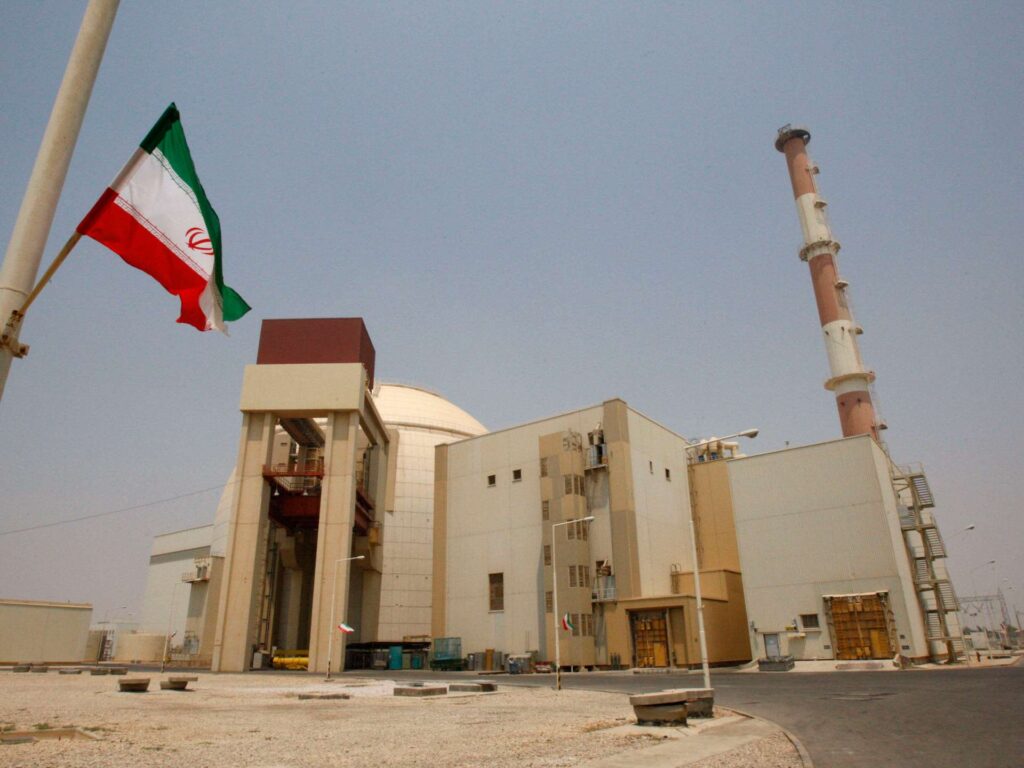Four countries voted to stop sanctions from being reintroduced, while nine voted against sanctions relief.
Published On 19 Sep 2025
The United Nations Security Council has voted not to permanently lift economic sanctions on Iran over its nuclear programme, delivering a major economic blow that Tehran claims is “politically biased”.
A resolution on Friday to block the sanctions fell in the Security Council by a vote of four to nine, meaning European sanctions will return by September 28 if no major deal is reached beforehand.
Recommended Stories
list of 3 itemsend of list
Russia, China, Pakistan and Algeria voted to stop the sanctions from being reintroduced, while nine Security Council members voted against sanctions relief. Two countries abstained.
The vote follows a 30-day process launched in late August by Britain, France and Germany – known as the E3 – to reinstate sanctions unless Tehran meets their demands.
Iran says Europeans ‘misusing JCPOA mechanism’
Iranian officials have accused the European trio of abusing the dispute mechanism contained in the 2015 Treaty on the Non-Proliferation of Nuclear Weapons (NPT), which allows for the application of sanctions under a “snapback mechanism”.
“What Europeans are doing is politically biased and politically motivated … They are wrong on different levels by trying to misuse the mechanism embedded in the Joint Comprehensive Plan of Action (JCPOA),” Deputy Foreign Minister Saeed Khatibzadeh said.
The Europeans offered to delay the snapback for up to six months if Iran restored access for UN nuclear inspectors and engaged in talks with the US.
Iran’s Foreign Minister Abbas Araghchi claimed that Tehran had presented a “reasonable and actionable plan” and insisted Iran remains committed to the NPT.
But the E3 accuse Tehran of breaching their nuclear commitments, including by building up a uranium stock to more than 40 times the level permitted under the JCPOA. The UN’s nuclear watchdog board also ruled back in June that Iran was not respecting international nuclear safeguards.
‘Clock is ticking for high-level diplomacy’
The Security Council vote allowing sanctions to snap back is not the complete “end of negotiations,” as the parties have just over a week to come up with a last-ditch deal, said Al Jazeera’s diplomatic editor James Bays, reporting from the UN.
“It’s the week where world leaders are all here in New York for the high-level meeting of the UN General Assembly, so it sets the stage for high-level diplomacy between Iran and particularly the three European countries,” said Bays. But “we’re reaching the end of this high-stakes diplomacy, and the clock really is ticking.”
Under the JCPOA – signed by Iran, the US, China, Russia and the EU – Tehran agreed to curb its nuclear programme in return for sanctions relief. But the agreement unravelled in 2018 after then-US President Donald Trump pulled out and reimposed unilateral sanctions.
Tensions escalated further earlier this summer, when Israel launched a 12-day war on Iran, with Israeli and US forces striking several nuclear facilities.
Iran has repeatedly denied pursuing nuclear weapons but affirmed its right to peacefully pursue nuclear energy.

